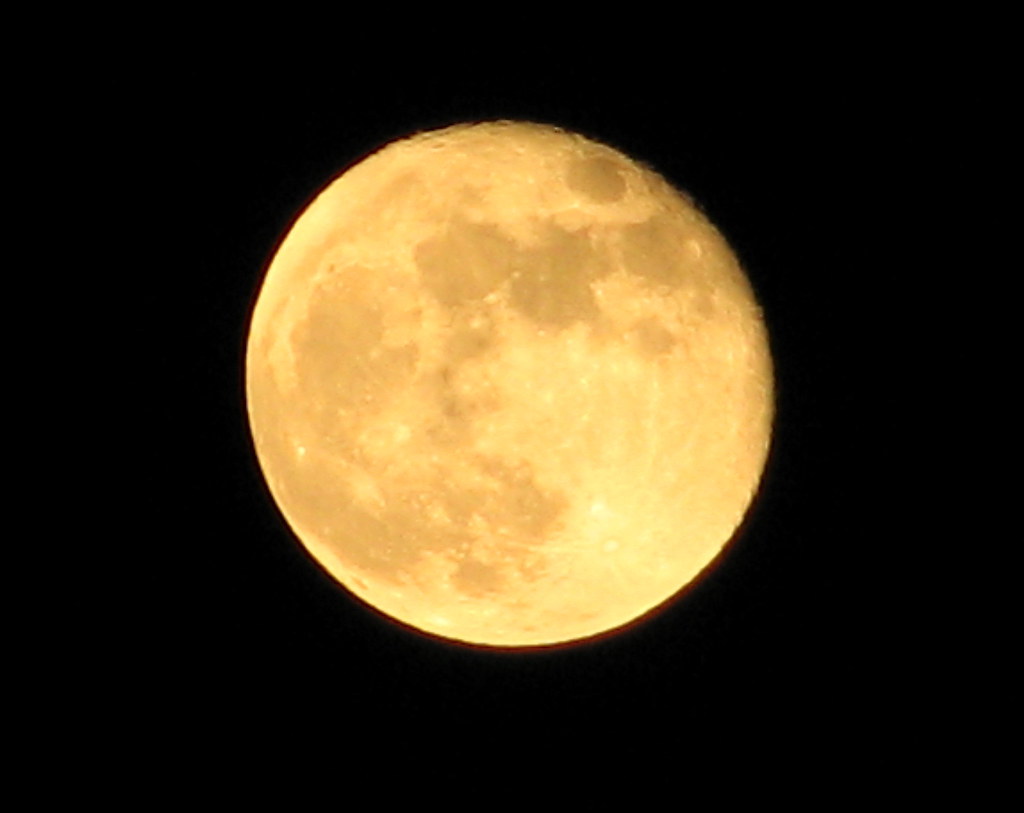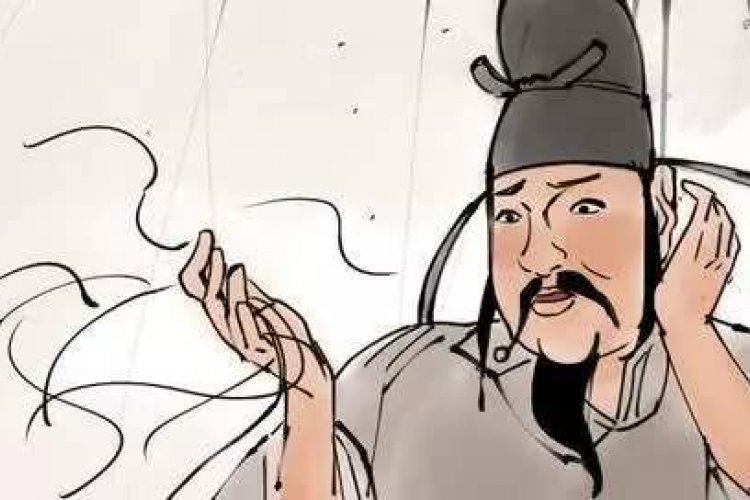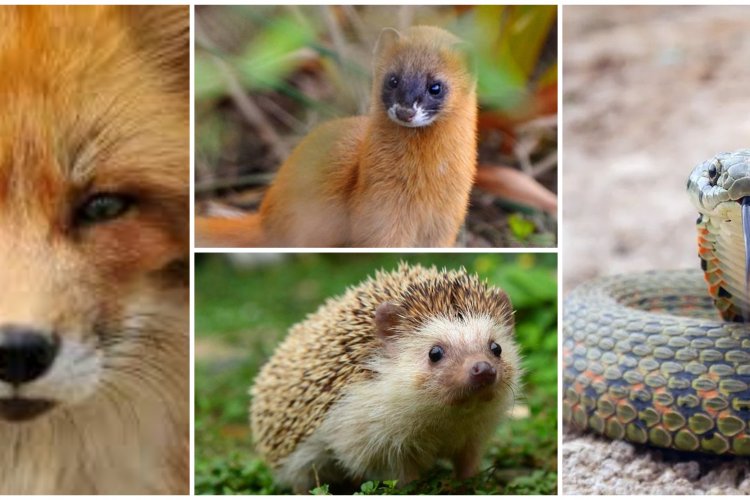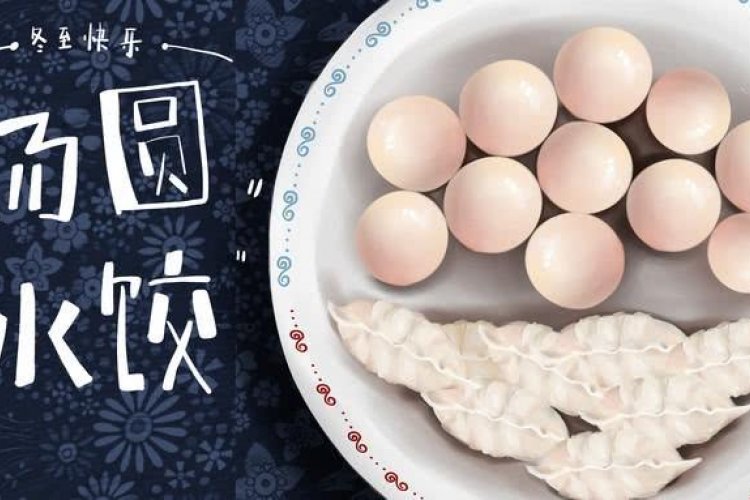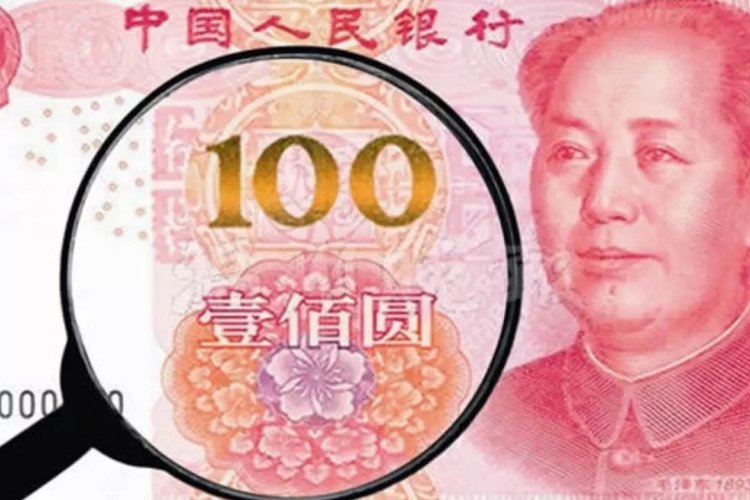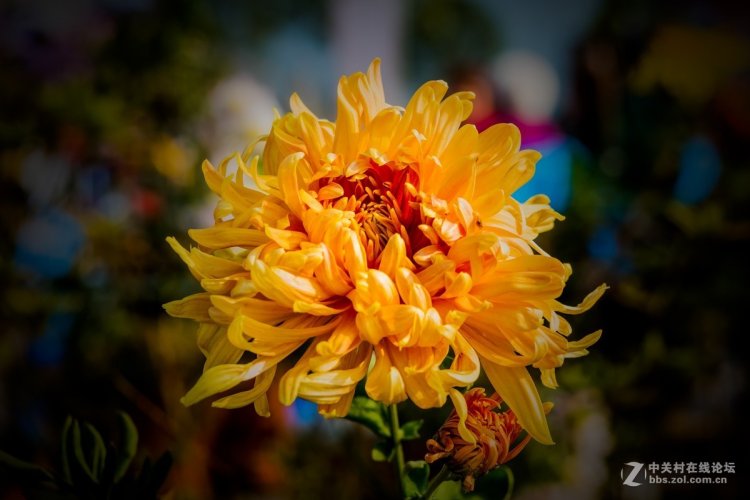Mandarin Monday: Learn Your Moony Vocabulary
Today is the Mid-Autumn Festival and central to this traditional holiday is the moon, so let's explore some Chinese culture behind this celestial beauty.
Back in the days when people still had no clue as to how to harness electricity, not to mention utilizing its power to create entertainment, the night sky, untinged by artificial light sources, was the most loyal friend one could have after sunset. No wonder all of our ancestors have projected their abundant imaginations and creativity onto this boundless canvas with stars scattering across it, despite the differences of civilizations.
And among all of this diamond dust blinking to us from the distance, the Moon, the one and only natural satellite of the earth, has shouldered the most emotion and favor from mankind through the ages. Due to its relatively gentle and soothing beam and its subtle connection with the tide, the Moon has long been considered a symbol of mysticism and femininity, almost ubiquitously around the world. Yet, in ancient China, where people set up their calendar according to the wax and wane of our nearest rock, it seems people had even more fondness for this glowing sphere in the sky. Many folktales and poems about the Moon can be found in historical records, and I've collected a few to introduce to you here.
嫦娥 Cháng'é
In China, when people talk about the fables around the Moon, the story of Chang’e’s ascention there is probably the first to come to mind. It's such a classic that even China's latest Moon probe project was named after the legend. Her name has even appeared in official documents dating back to the Warring States Period, before China had been unified by its first emperor, Qin Shi Huang. The story varies depending on who's telling it, but the common belief is that Chang’e is the wife of Hou Yi, an archer who shot down nine of ten suns, which set the Earth ablaze in prehistoric times. For his efforts, he was given 2 elixirs of immortality by the gods. However, either out of pure selfishness, or in an effort to protect the liquid from robbers, Chang’e took both doses and consequently ascended to the moon. While "Goddess of the Moon" may sound like a splendid title, there are not many living things on the Moon, and in some variants of the tale, she was even punished by being turned into a toad and was forced to make medicine for the celestial court throughout her lonely life on the rock.
玉兔 Yùtù
When the ancient Chinese gazed upon the Moon, the shadows cast by the craters on its surface must have reminded them of this cute little creature, or perhaps they simply felt bad for Chang’e, all alone in her 广寒宫 Vast and Chilly Palace, and wanted to give her a companion. In any case, they believed there was a rabbit on the Moon, the Jade Rabbit. Usually, the Jade Rabbit will aid Chang’e in her endless herb-pestling, but in the classic Chinese fantasy novel “Journey to the West”, she eventually descended and disguised herself as a princess to seduce the monk Tang Sanzang, and ended up putting her life in danger before her rabbit master came to the rescue.
Surprisingly, the Chinese weren't the only ones who believed there was a rabbit on the Moon, with the Aztecs, all the way across the Pacific, sharing a similar legend.
吴刚 Wúgāng
Apparently, the big wigs in the celestial court tend to expel people they don’t like to this beautiful yet barren heavenly body. Wu Gang is the other human resident on the Moon, and probably the cousin of Sisyphus and Jing Wei as well, since he is also serving out a lifetime sentence, cutting down an osmanthus tree (other versions say it is a cherry bay tree) which constantly regenerates. It's believed that he took the osmanthus flowers that grew in the celestial courtyard to cure a plague in his village, but the stingy gods still decided to punish him to just to show their power.
望舒 Wàng shū
Similar to the Greek god Apollo, Wang Shu is a goddess who rides on her Carriage of the Moon across the night sky in China. People also use her name to refer to the Moon.
婵娟 Chánjuān
Originally a word to describe beautiful, elegant ladies who have charming figures, Chinese literati later appropriated it as a word for the Moon. The most famous verse to use this reference is probably the one written by the renowned poet, politician and gourmand, Sushi, who wrote "但愿人长久,千里共婵娟" (Dàn yuàn rén chángjiǔ, qiānlǐ gòng chánjuān) "May we all live a long life, sharing the moon even though we're thousands of miles apart".
太阴 Tàiyīn
In Chinese, the Sun is called 太阳 Tàiyáng, which can be literally translated as the ultimate yang. And in I-Ching, or the book of changes, the classic treatise of Taoist beliefs, everything comes with its counterpart, just like the the Sun and the Moon. So the Moon is called 太阴 Tàiyīn, the ultimate yin that retrieves the balance of the energy.
Some more nicknames for the moon
- 弦月 Xián yuè 月弓 Yuè gōng The crescent moon
- 冰魄 Bīng pò The icy soul
- 寒璧 Hán bì The cold jade
- 丹桂 Dān guì The orange osmanthus
- 白玉盘 Báiyù pán The white jade plate
The last one, 白玉盘 Báiyù pán, is a nickname derived from a poem written by the most famous poet in Chinese history, Li Bai, who is known for his carefree lifestyle, love of alcohol, and, of course, the unparalleled wild imagination and talent present in his poetry. The poem was a way for the author to describe the impression that the Moon left on him when he was a child. Throughout his life, Li Bai penned a number of beautiful lines relating to the Moon, including but not limited to:
- 床前明月光,疑是地上霜。举头望明月,低头思故乡 Chuáng qián míngyuèguāng, yí shì dìshàng shuāng. Jǔ tóu wàng míng yuè, dītóu sī gùxiāng I mistook the moonbeams shining in front of my bed as the frost on the ground. When I gaze upon the Moon it brings about nostalgic thoughts.
- 举杯邀明月,对影成三人 Jǔ bēi yāo míngyuè, duì yǐng chéng sān rén I toast to the moon, the Moon, my shadow and I are the perfect trio.
The story of Li Bai's demise even relates to the moon. He was drinking on a boat and was entranced by the breathtaking view of the Moon and its reflection and decided to dive in and catch it. He drowned instead. In the minds of many, only this act of 抱月而眠 (Bào yuè ér mián) eternal sleep in the cradle of the Moon, romantic yet deadly, was a worthy form of death for the man.
READ: Mandarin Monday: Don't Punt These Punny Restaurant Names
Images: flickriver.com
Related stories :
Comments
New comments are displayed first.Comments
![]() BauLuo
Submitted by Guest on Tue, 09/21/2021 - 20:52 Permalink
BauLuo
Submitted by Guest on Tue, 09/21/2021 - 20:52 Permalink
Re: Mandarin Monday: Learn Your Moony Vocabulary
Zues writes:
"Surprisingly, the Chinese weren't the only ones who believed there was a rabbit on the Moon, with the Aztecs, all the way across the Pacific, sharing a similar legend."
I don't know if you actually meant the Aztecs, (rather than the Mayans) but there have been more than one historian, archeologist, ethnologist, linguist etc to see an early Chinese influence on the Mayans, most clearly in many similarities between Chinese/Mayan calendars, with eg. the heavenly stems and the earthly branches, and animals associated with them, as well as the bunny in the moon stuff. I once read a fairly extensive treatise on this, which also included similarity in motifs in artwork; also metallurgy. I can't seem to find exactly what I know I read before, owing to the dumbing down of search engine searchs, owing to the overabundance of social media garbage that interposes between information and pages of Twitter garbage. Once was a time when you could actually find important information on the internet.
Validate your mobile phone number to post comments.

